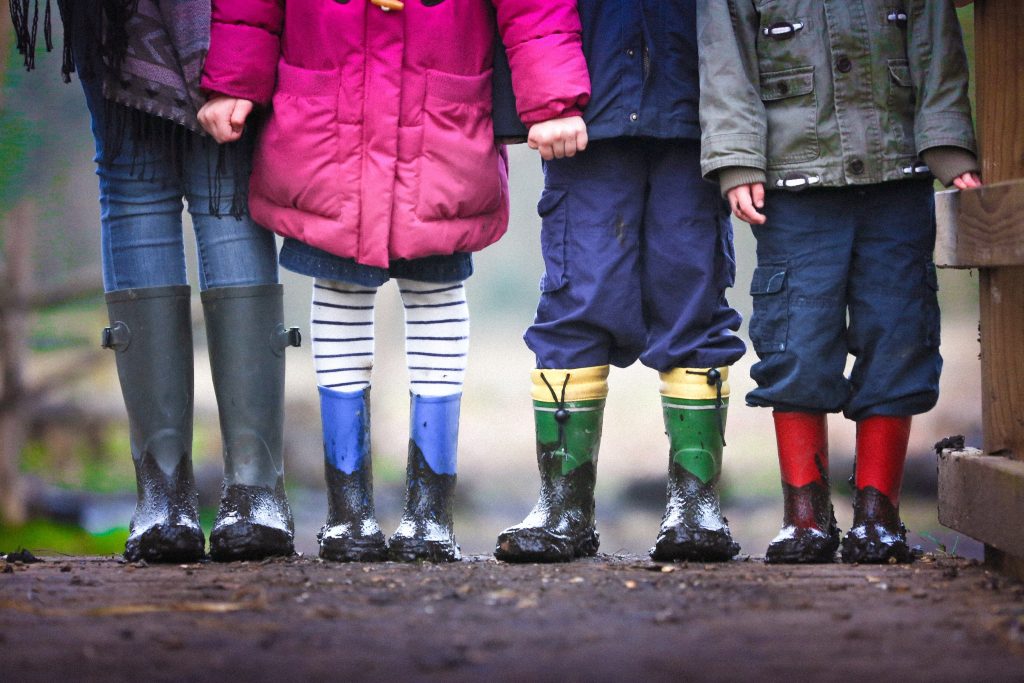Who can be a foster carer?
We are often asked about who can foster and what makes a suitable foster carer. The answer is that there is no right answer. People who foster come from all walks of life. At Cuffe and Lacey, we have a very can-do attitude about helping people to become foster parents.
Matching children and families is a very important part of our work. Matching means making sure a child will feel at home, happy and healthy where they are living. Because of this, we need a diverse group of people to consider fostering. We always welcome applications from all races, cultures, religions, and sexualities. All children deserve the best possible home to meet their needs.
Fostering as a couple or individual
Foster parents can be single, a couple, or a family unit. We know that households come in all shapes and sizes. We’re always happy to talk with you about whether fostering might be right for you. As one of our carers, we’re always there to offer support, whether that’s for one person or many.
Fostering with or without your own children
You don’t have to have your own children to foster. There are lots of experiences that can help to make you a great foster carer. You might have looked after family members, worked with children, or have experienced of being looked after yourself. There are lots of reasons that make people great foster carers. Having your own children is not essential. All we ask is that you have a genuine desire for helping children to be happy and well looked after.

If you do have your own children, we will always make sure that they feel included in fostering. This will begin with the assessment process. We will make sure the whole family understands what it means to be a foster carer. Fostering is a big decision, and we want to make sure everyone involved feels ready to foster.
Fostering when working or retired
Lots of people work and foster. Children need to experience usual family life, and for lots of families, this means adults who work. There is flexibility needed in fostering, however, lots of employers are extremely understanding of this, and recognise the commitment you have taken on. We would always encourage you to talk to us about your current situation. We pride ourselves on finding ways to support you and making fostering work alongside your current job.

If you do not work, or are retired, we’d love to hear from you too! Being a foster carer is extremely rewarding. We hope all of our carers feel sense of fulfilment and community. We’re always looking for people who are ready for there next adventure.
Fostering and benefits
Fostering does not usually affect the benefits that you are receiving. This means you can foster without worrying about how things might change. The Fostering Network’s website has guidance on benefits for foster carers.
Fostering with a physical disability
You can foster with a physical disability. For example, Linda, who continued to foster after losing her eyesight. All foster carers will have a medical before fostering. This would include considering any disabilities and how this may affect you as a foster carer. We would always look to support you in your role, and ensure we are providing a service which enables you to reach your full potential as a carer.
Fostering and past health problems
Past health problems would not exclude you from fostering. This would include mental health issues. As part of your assessment, we will talk with you about your past experiences and how they have shaped you as a person. We will any treat past health problems with respect and understanding.
Fostering in rented accommodation

You don’t have to be a homeowner to offer a home to a child or young person. If you rent your property, we will help you to get a letter from your landlord. The letter will confirm they are happy for you to foster within the premises.
Fostering and smoking
You can still foster children if you smoke, although there are some rules in place. If you smoke, you can only foster children who are above the age of 5, and you must not smoke in the house.
Fostering with a criminal conviction
We will need a DBS for anyone over 18 in a fostering household. However, criminal convictions do not automatically mean that you are unable to foster. The most important thing is to be open and honest during your initial visits. As part of your assessment, we will discuss how these experiences affected you. We recognise that sometimes, past difficult experiences can be seen as positives; helping to increase empathy and understanding through personal growth.
Fostering with pets

You can foster with pets. Our team have met lots of interesting and wonderful pets over the years. We will always do a pet assessment as part of your assessment to make sure everyone will be safe. Lots of children and young people love living with pets, so fostering and animals can be a great combination!
Could you foster?
We would always encourage people to talk with us if they’ve ever thought about fostering. As you can see, lots of things people think might be barriers to fostering are often valuable skills.
There are a few specific reasons which would exclude you from becoming a foster carer. This includes if you don’t have a spare room, or if you have a conviction relating to the welfare of children or vulnerable adults.
If you’ve ever wondered about ‘who can foster’, hopefully, we have shown you that the answer could be YOU! Fostering is a truly amazing thing to be a part of. We’d love for you to reach out to us by requesting our free information pack.
